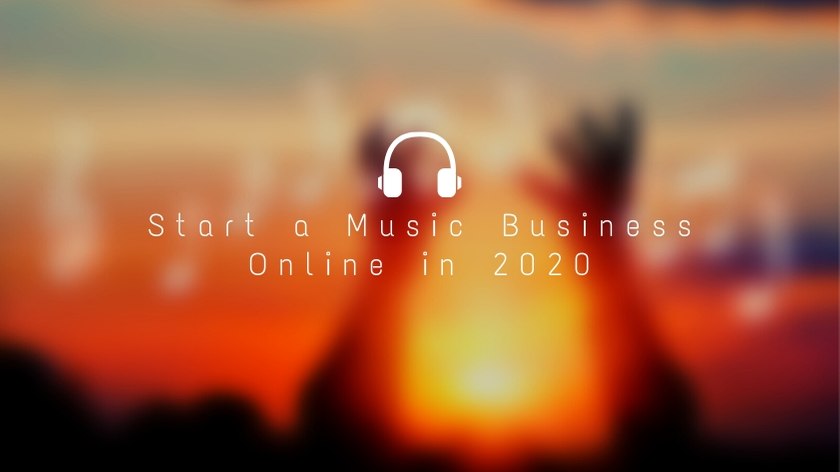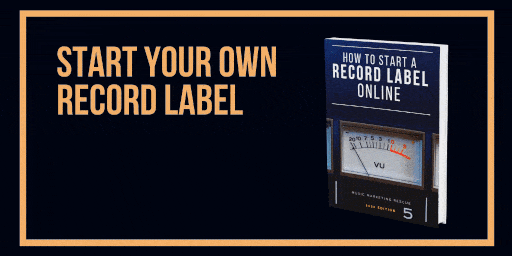
Navigating New Quarters: Blockchain and the Music Industry
Introduction
A subtle revolution is brewing in the music industry, and it’s high time we recognized and embraced it as it is: Blockchain technology. This isn’t your grandma’s vinyl revolution, nor is it your older sibling’s streaming services. It’s a dynamic game-changer that’s all set to reshape the very foundation of the music industry. But what exactly does this imply? What opportunities does it proffer to musicians and why should even the average music lover care? Let’s dive in to get a comprehensive understanding.
The Blockchain Symphony
Blockchain is essentially an incorruptible digital ledger of economic transactions that can be programmed to record virtually anything of value. As such, applying blockchain to the music industry can solve some of its biggest challenges.
Transparency and Fair Compensation
One of the music industry’s most glaring pain points is the lack of transparency, often leading to unfair compensation. And this is where the beauty of blockchain technology shines brightest. The introduction of blockchain can introduce visible and auditable trails, making it easier to track royalty payments and ensure that artists receive a fair pay for their creative output.
Intellectual Property Rights
With blockchain, there’s a solid potential to protect copyright and ensure that intellectual property rights aren’t infringed. Each music work can be cataloged on the blockchain, making it easy to trace its origin and rightful owners. This can eliminate disputes over ownership and rights to content.
Advancing Forward: Incorporating Blockchain
The applications of blockchain in the music industry are impressive, but this doesn’t mean it’s a magic cure-all. Adequate measures need to be put into place to maximize its potential fully. So, how can this be achieved?
• Partnerships and collaborations between blockchain pioneers and music platforms can accelerate the use of the technology while ensuring that it caters to the industry’s needs.
• Education around blockchain can help the music community to understand and better utilize this technology.
• Regulatory guidance can also support musicians and other stakeholders adopting blockchain to steer clear from unforeseen legal implications.
The Encore: Blockchain and the Future of Music
Imagine a future where musicians have total control over their content. Where there’s clear tracking of royalties and artists are duly paid for their work. A future where creators own the distribution rights to their music from the word go. That’s the potential future of music with blockchain technology.
So, what are you waiting for? Embrace blockchain technology for a harmonious and transparent music industry. If you are intrigued and want more detailed insights into this topic, I heavily recommend visiting our shop for superb eBooks on the subject. Countless musicians, music lovers, and industry analysts have already benefited from our insights. Join them and learn how to make the tune of change work in your favor. Start now at www.thomasferriere.com/books/.
And remember, the melody may be yours, but with blockchain, you could control the whole concert. It’s a new dawn, it’s a new day in the music industry, and it’s sounding very good indeed.

